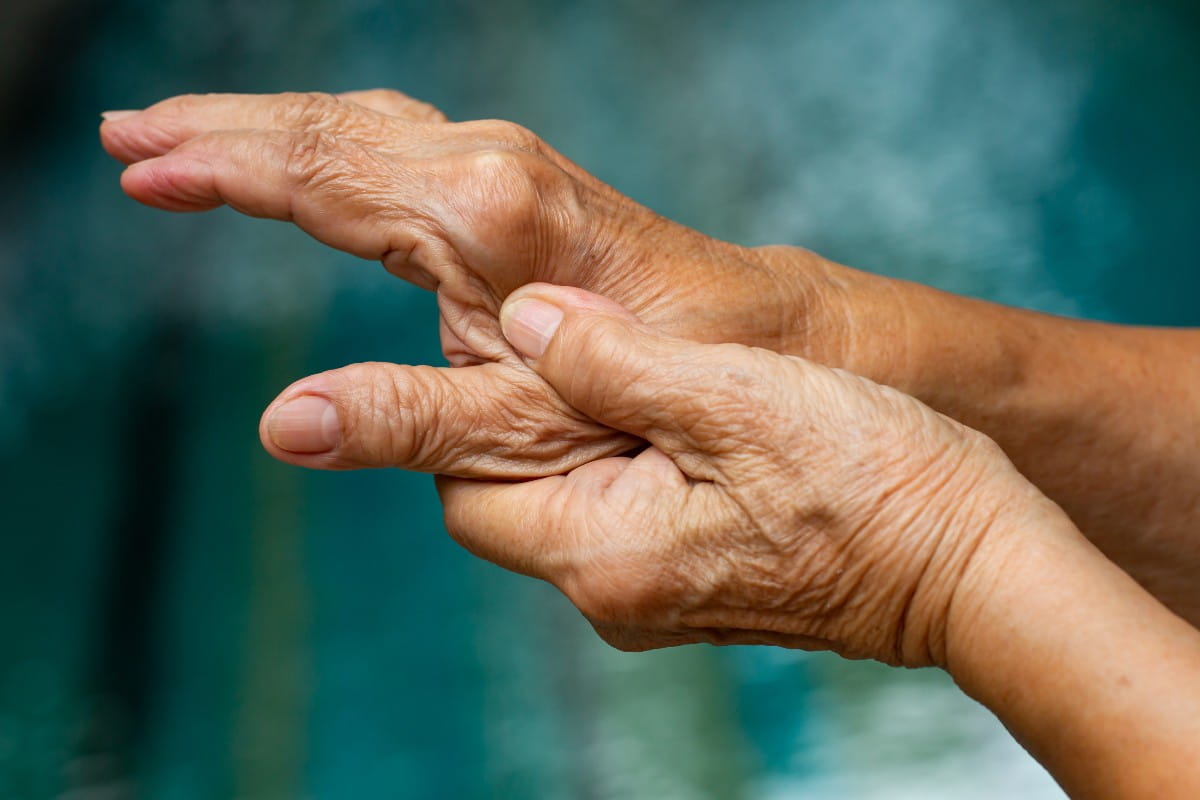For family members of people experiencing memory loss, it can be a frightening and confusing time. You may worry about how to care for your loved one as the condition progresses.
At the beginning, it may simply seem like normal absent-mindedness. The person may struggle to find the right word or forget where they left their glasses. And after all, who doesn’t do that sometimes? That’s not the same as serious memory loss.
But it if begins to worsen and you’re concerned about your family member’s health and well-being, it’s probably time to consult a medical professional to see whether they’re experiencing the early stages of dementia.
What is dementia?
When mental ability declines to the degree where it interferes with a person’s day-to-day life, it’s called dementia. While dementia is a generic term, Alzheimer’s disease is at the root of about three out of four cases. However, there are other things that can cause dementia too, like a stroke or a brain tumor.
Dementia is not a normal part of aging. While it occurs most often in people 65 and older, not everyone will develop it then, and younger people can get it too.
One of the main symptoms that accompanies dementia is memory loss.
What to look out for
There are several signs that indicate a family member may be experiencing the onset of dementia. However, it’s important to distinguish these from normal behaviors. One rule of thumb is that dementia is disruptive, with memory loss beginning to interfere with daily life.
It’s a natural part of the aging process to take longer to learn something new or to have to work to remember a particular fact.
However, there’s a difference between forgetting to pay a bill once in a while and forgetting to pay any of them. We are all at a loss for words sometimes, but that’s different than having difficulty carrying on a conversation at all. People with memory loss will often ask a question and receive an answer, only to forget what just happened and ask the same thing over and over.
Eventually, a loved one experiencing memory loss can get lost driving in a familiar place, forget what day it is, where they are, or how they got there. In the later stages, they may forget family members or confuse them with one another.
What you can do
Obviously, the first thing you should do as a caring family member is to have your loved one checked out by a medical professional. This will help you establish a plan of care early on. Memory loss will only worsen with time.
Next, you’ll need to develop a strategy. Confer with other family members to make important decisions earlier rather than later. This will likely involve determining how to manage finances and property and how you’ll care for your loved one over time.
Finally, you must learn how to cope. There are several things family members should know about interacting with someone who has memory loss. For example, there are lots of resources online with activities can that help those with memory loss. It’s also important not to become impatient. While it’s frustrating for you, remember it’s every bit of that and more for your loved one.
If you’re concerned about a family member who may be experiencing memory loss, contact Senior Care Navigation at Riverside Health right away. You’ll find caring, compassionate medical professionals who can guide you to appropriate services, like the Memory Café, where you’ll get support in a welcoming environment from other families like yours.
Resources:
- Alzheimer's Association, https://www.alz.org/alzheimers-dementia/what-is-dementia
- National Institute on Aging, https://www.nia.nih.gov/health/do-memory-problems-always-mean-alzheimers-disease
Related:



